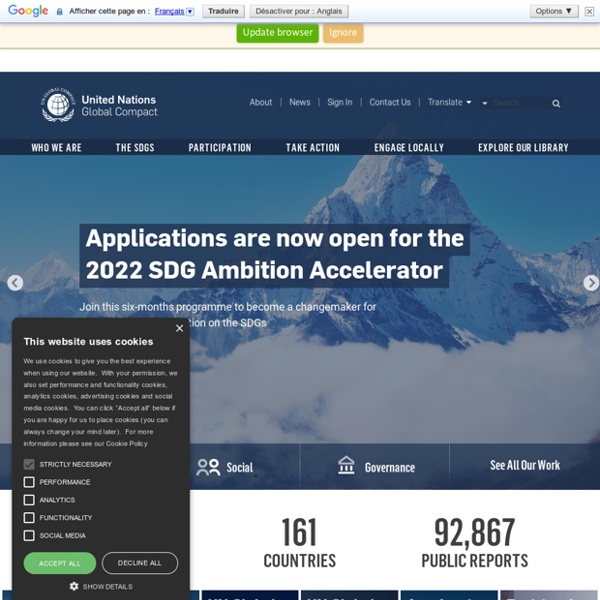



Sustainability Professional Development & Membership Are there really 21 million slaves worldwide? 10 March 2014Last updated at 17:53 ET By Ian Muir-Cochrane BBC News Some Caribbean nations are demanding reparations from Europe over the Atlantic slave trade. But slavery still happens today - film director Steve McQueen said at the Academy Awards there are 21 million slaves worldwide. The figure mentioned by McQueen in his Best Picture acceptance speech at the Academy Awards comes from the UN's International Labour Organisation (ILO), which has been producing a global figure for nearly 10 years. The kind of slavery depicted in McQueen's film, 12 Years a Slave, is long gone, although the legacy of the slave trade lives on - claims for reparations are reportedly being made by 15 former colonies against eight European countries. Slavery experts believe there is nowhere in the world where people are legally shackled, beaten and sold as if they were property, but the ILO's report "2012 Global estimate of forced labour" estimates that 20.9 million people are victims of forced labour.
ESA21: Home A question of ethics What is ethics? Ethics is concerned with what society considers to be right or wrong. It therefore relates to standards of behaviour. Ethics lacks the certainty usually provided by the law, as individuals may consider some things that are legal to be unethical. All professions rely on their practitioners adopting not only legal but ethical standards. Approaches to ethics Ethical behaviour may be defined in terms of duties. Codes of conduct issued by professional bodies, and corporate codes issued by business organisations, define responsibilities in terms of duties, and may provide guidance on the more common exceptions that apply. Ethical behaviour may also be defined in terms of consequences. Ethical principles Led by international bodies such as the International Federation of Accountants (IFAC) and its many member associations and institutes, several principles have been identified as being of crucial importance to the profession:
Local Organic Food | Serving Michigan with Organic Grocery Delivery of Produce & Organic Food | Door to Door Organics Assess the U.S. Climate | GlobalChange.gov Scientific assessments are essential tools for linking science and decision making. They survey and synthesize science, within and between disciplines and across sectors and regions. They highlight key knowledge that can improve policy choices and identify significant gaps that can limit effective decision making. Assessments also track progress by identifying changes in the condition of the Earth, changes in human response, and advances in science over time. Assessments have been integral components of USGCRP since our inception. We have a legal mandate to conduct a National Climate Assessment (NCA) every four years, the third and most recent of which was released in May 2014. The NCA: An emerging area of focus for USGCRP is strengthening our capacity to conduct assessments on a sustained basis. More information:
The Earth Institute - Columbia University Exploring Science in the Field from Pole to Pole Company Donates 330,000 Bed Nets to Help Fight Malaria in Africa Lords of the Past Ancient Rocks, Modern Problem Sustainability Management Alum Works to Bring Electric Vehicles to NYC Apr18 2014 Spring Diversity Lecture Sustainability Essentials Training Drilling to find the originsof the South China Sea The Path to Sustainable Development Faculty Profile: Ruth DeFries Project on Climate Change Communication April 09 2014 | Research Reports New Commentary Urges Climate Scientists to “Set the Record Straight” We just published a commentary in Earth’s Future, a new online, open-access journal published by the American Geophysical Union. The commentary is entitled: “Climate Scientists Need to Set the Record Straight: There is a scientific consensus that human-caused climate change is happening.” In the commentary, we argue that the climate science community needs to do more to communicate the scientific consensus because: (a) most Americans don’t know there is a scientific consensus on this point; (b) this lack of awareness undermines people’s engagement in the issue; and (c) research by our team – and others – has shown that simple messages that communicate this basic scientific conclusion are highly effective, especially with political conservatives. We encourage you to download the commentary and join the effort to set the record straight. Continue reading Continue reading Continue reading Topics